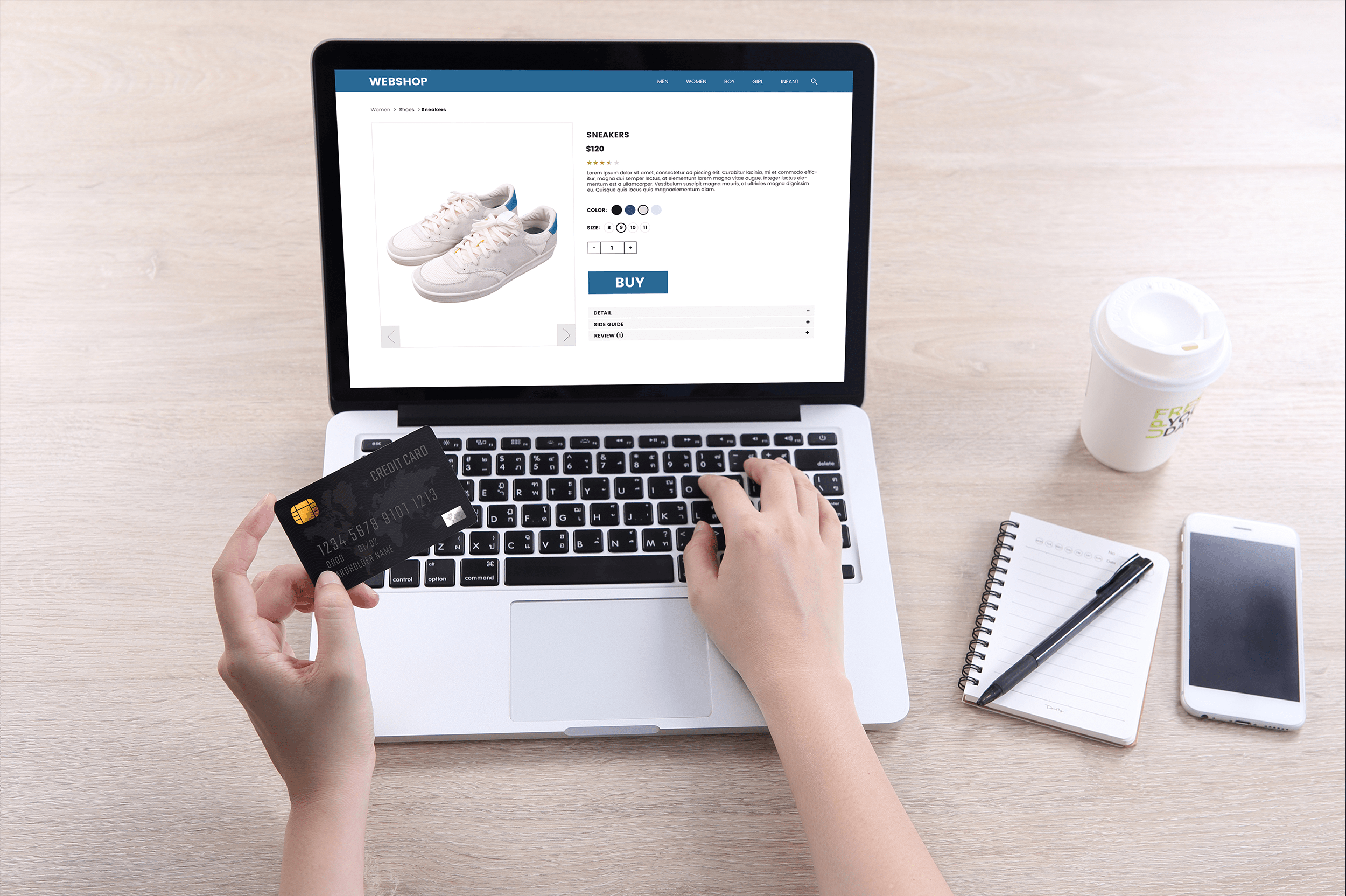Data privacy is the process of protecting collected data. Data privacy includes the rights of consumers to know how, why, and where their data is being stored. It also includes the responsibilities of data collectors, like websites and businesses, to protect personal, financial, and other data of consumers.
As a business or website owner, you’ll hear a lot about data privacy. However, the laws and recommendations surrounding it can be confusing to the point where writing your own privacy policy and understanding how to protect data can be intimidating.
Read this guide to learn the basics of data privacy, why it’s important, and what you should know about it as someone who collects data.
Why Is Data Privacy Important?

Image by Pete Linforth from Pixabay
Imagine you write your phone number on a piece of paper and hand it to a coworker. That coworker makes ten copies without your permission and hands them out to other coworkers. Then, those coworkers also make ten copies of your number and hand them to their friends and family. In a short amount of time, your phone number can end up in the hands of hundreds to thousands of people.
Now, imagine what could happen if a similar situation occurred on the internet, where information travels inconceivably quickly. If a website collects your phone number but doesn’t take your privacy into consideration, it could share your number with other businesses or people willing to pay for it. Soon, your phone might get flooded with voicemails from sales representatives trying to sell you their services.
These examples are why data privacy is essential—consumers who share their information with a company trust it to protect their information. Transparency about data lets businesses build trust with their customers.
More importantly, consumers have the right to know how the company plans to store and use their name, address, and other information they share. In fact, a growing number of laws and regulations require data collectors to uphold this right. Consumers expect companies to hold onto their information rather than sell it to others unless the consumer gives their permission.
6 Things To Know About Data Privacy

Image by Thomas Breher from Pixabay
Below are a few helpful points to know about data privacy as you work toward protecting your customers’ data.
Data Privacy Protects Several Pieces of Information
What information is included when we use the term data privacy? It references a lot of personal information, including:
- Names
- Mailing or physical addresses
- Landline and cell phone numbers
- Social media handles
- Email addresses
- Bank account or credit card information
- Driver’s license or identification numbers
- Social Security numbers
- IP address
- Passport number
- Account numbers
- Medical records
- Full-face photos
This data is known as personally identifiable information because it helps others identify a person. When this data ends up in the wrong hands, it can be used to open new accounts, apply for loans, and otherwise assume the identity of that person.
Data Privacy vs. Data Security
Although many tend to use data privacy and data security interchangeably, these terms do not have the same meaning.
Data privacy relates more to the responsible storage and usage of data that are collected. Meanwhile, data security is the process of protecting that data from security threats, like hacking or spyware.
A business is responsible for both data privacy and data security. But, the company is directly responsible for data privacy, because it’s the one collecting and storing data.
Several Laws Protect Data Privacy
Laws exist around the world to protect consumer data. For instance, the Health Insurance Portability and Accountability Act (HIPAA) has been protecting medical information for decades. More recently, the European Union’s General Data Protection Regulation (GDPR) has become well-known for its data privacy protections for EU-based consumers.
Even if you live in and your company is based in the United States, you may still be responsible for adhering to the privacy laws of other countries if you serve customers in those countries or have website visitors from those countries.
Some States Have Their Own Laws
Some states within the United States have also created data privacy laws to protect their citizens further. As an example, the California Consumer Privacy Act (CCPA) makes businesses responsible for informing consumers how they’ll collect, store, and use their data. Colorado, New York, and Virginia also have similar laws, with several other states considering legislation.
Transparency Is a Must
The most important thing businesses can do to create trust with their customers is to be transparent about data privacy. A detailed, easy-to-understand privacy policy can help you do this. Furthermore, give your customers the ability to make choices about their data so that they can easily decide what data remains in your system and what you can do with it.
Digital Services Can Help You Enhance Data Privacy
Keeping data private can be complicated, but digital tools have made the process much easier for business and website owners. For example, some software as a service (SaaS) products combine content management and compliance software, allowing consumers to manage their privacy and consent to privacy policies. In addition, some plugins for WordPress and other content management systems offer data privacy features.
Other services help you generate privacy policies that let consumers know how you collect, store, and share their data. Create a 100% customizable and free privacy policy for your website with the ShareThis Privacy Policy Generator.




